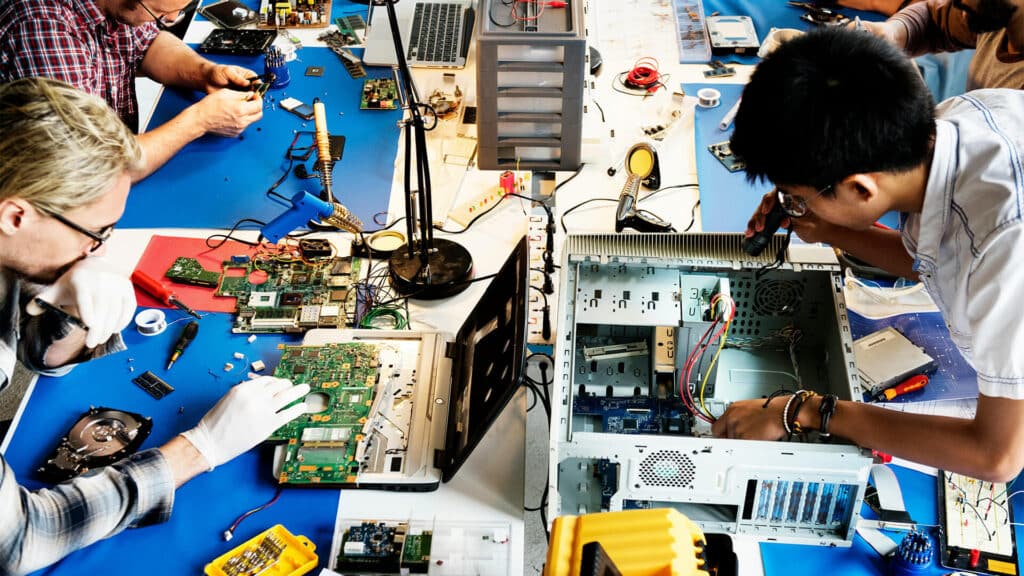Organ procurement organizations (OPOs) act as matchmakers in the organ donation world, linking life-saving organs with patients in need. However, recent investigations revealed significant inefficiencies and shortcomings within these organizations. As a result, the system has undergone major changes to address these issues.
OPOs have faced criticism for their lack of accountability and transparency. With no strong federal oversight, many OPOs have underperformed, leading to missed opportunities for organ donations and, consequently, lost lives. According to the Washington Post, investigations revealed that some OPOs manipulated data to appear more successful than they were, further exacerbating the issue.
As a result, the federal government decided to step in and implement reforms to increase the accountability OPOs. The Centers for Medicare & Medicaid Services (CMS) introduced stricter performance standards intended to ensure that the organizations maximize their potential to save lives by improving their processes for identifying potential donors, working with families, and coordinating organ transplants.
The reforms push for more competition among OPOs, meaning underperforming organizations could lose their contracts to more efficient ones. This change aims to drive overall improvements, as OPOs will need to hit higher benchmarks to keep their contracts and stay in the game.
In short, these recent reforms are a positive move, but much work remains. The main goal is to get as many organs as possible to those in need. Achieving this will require ongoing system tweaks, adopting new technologies, and ensuring OPOs consistently perform at their best.











